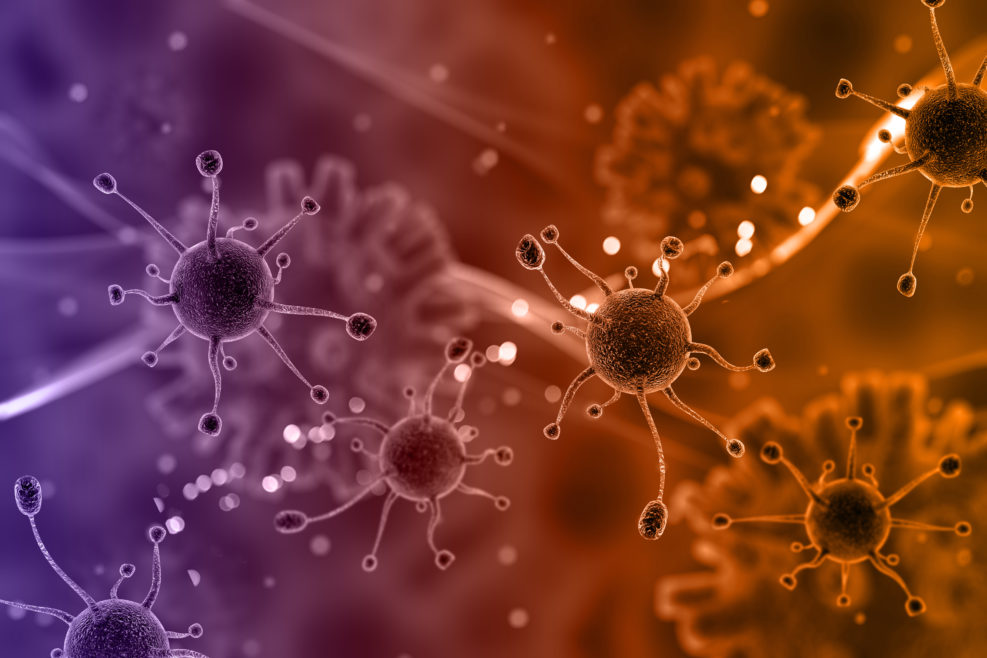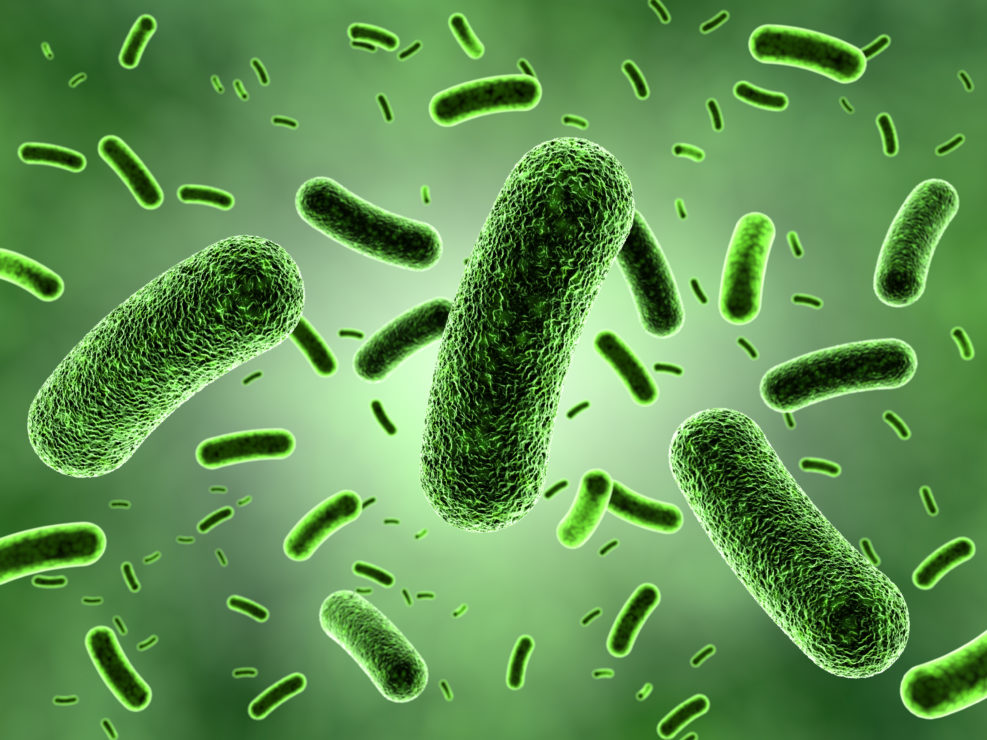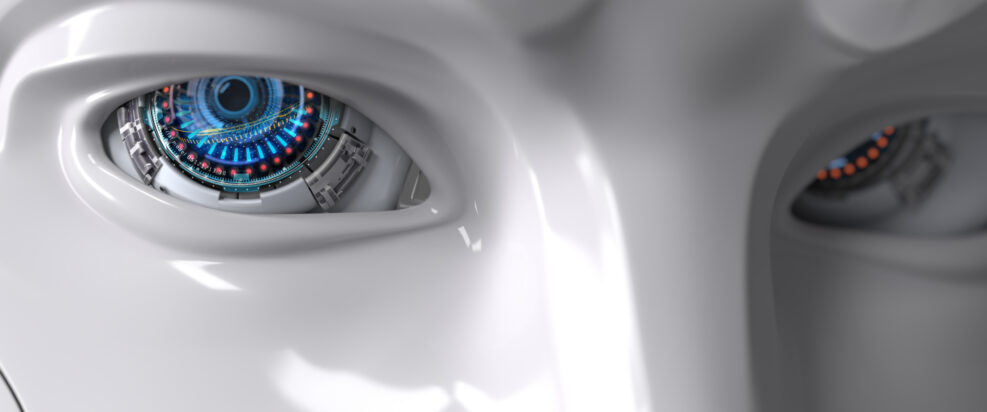
Can Panpsychism Save Naturalism From Itself?
Panpsychism can be seen as an effort to save naturalism by acknowledging the reality of the mind while insisting that the mind is wholly naturalThis article is an excerpt of one that originally appeared in Salvo 61 (Summer 2022), under the title “Everything is Conscious? Panpsychism goes mainstream.” Panpsychism — the view that all of the universe participates in consciousness, which is most fully developed in humans — has been gaining popularity in science in recent years. Does that sound unbelievable? Is not science committed wholly to materialism and nothing but materialism? Will consciousness not soon be “explained” by an accidental glitch in brain wiring that natural selection retained? Science doesn’t seem nearly as committed to that view just now. A 2018 article at Quartz by Olivia Goldhill was titled “The idea that everything from spoons to stones is conscious is gaining academic credibility.” Read More ›




